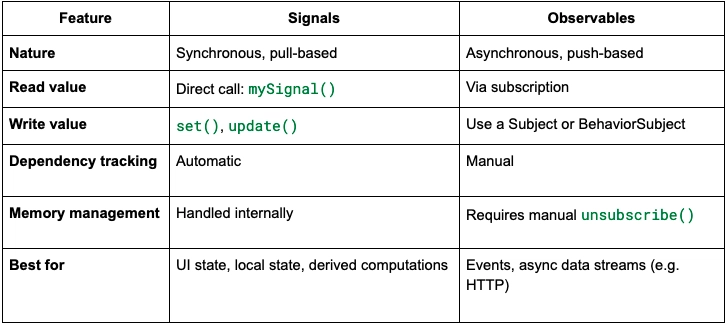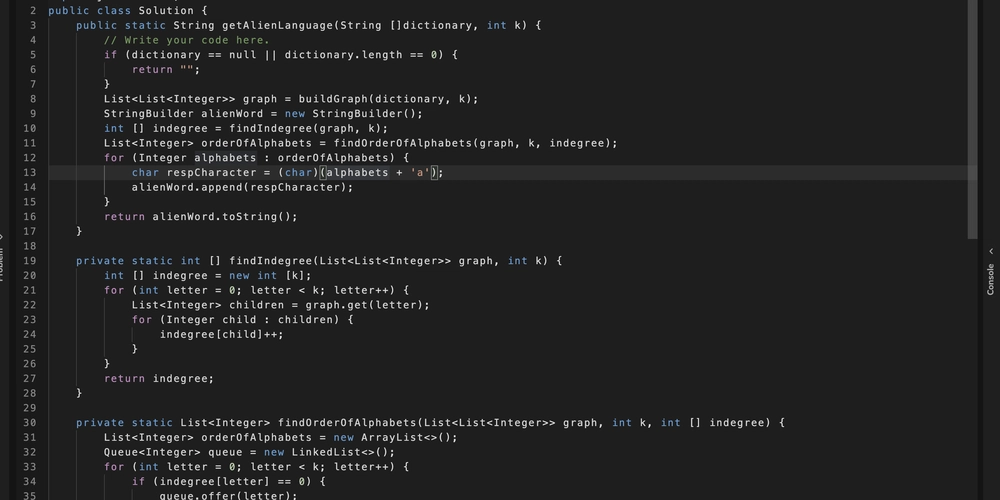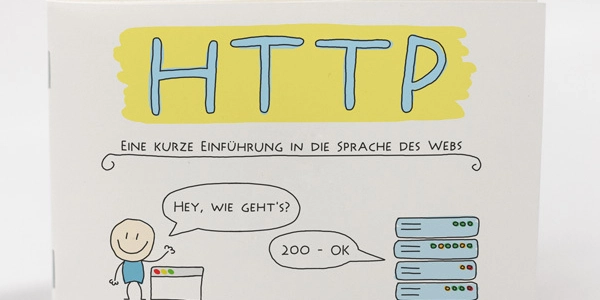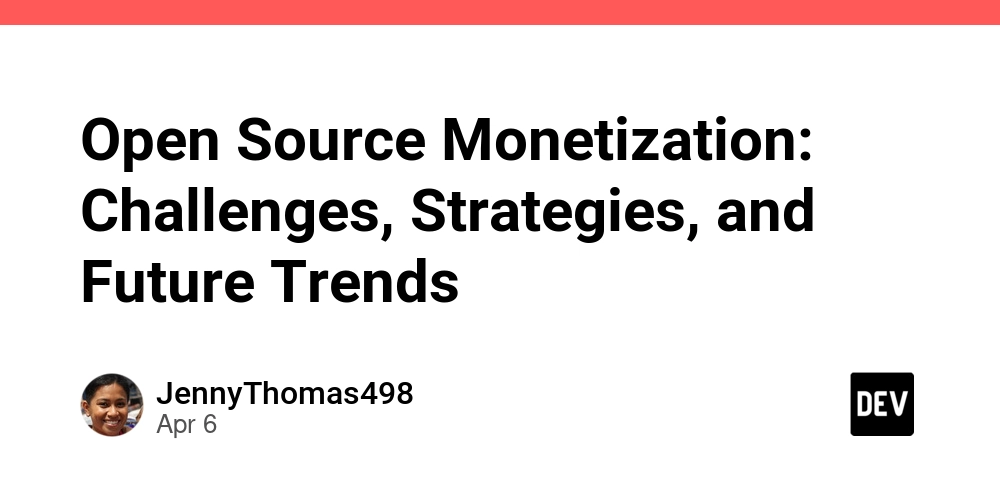Laravel Framework Vulnerability Let Attackers Execute Malicious Java Script
A critical security vulnerability (CVE-2024-13918) in the Laravel framework allows attackers to execute arbitrary JavaScript code on websites running affected versions of the popular PHP framework. The flaw, discovered in Laravel’s debug-mode error page rendering, exposes applications to reflected cross-site scripting (XSS) attacks when running in development configurations. With a CVSS v3.1 score of 8.0 […] The post Laravel Framework Vulnerability Let Attackers Execute Malicious Java Script appeared first on Cyber Security News.

A critical security vulnerability (CVE-2024-13918) in the Laravel framework allows attackers to execute arbitrary JavaScript code on websites running affected versions of the popular PHP framework.
The flaw, discovered in Laravel’s debug-mode error page rendering, exposes applications to reflected cross-site scripting (XSS) attacks when running in development configurations.
With a CVSS v3.1 score of 8.0 (High), this vulnerability impacts Laravel versions 11.9.0 through 11.35.1, requiring immediate action from developers to mitigate risks.
Laravel Framework Vulnerability
The vulnerability manifests in Laravel’s error-handling system when debug mode is enabled via the APP_DEBUG=true setting in the .env configuration file.
In affected versions, the framework’s error page improperly encodes request parameters when displaying diagnostic information for HTTP 500 errors.
Attackers can exploit this by crafting malicious URLs containing JavaScript payloads in query parameters or POST data.
The technical root cause lies in Laravel’s Blade template engine using unescaped output directives ({!! !!}) when rendering request parameters in debug error pages.
This bypasses Laravel’s typical XSS protections provided by the secure {{ }} syntax that automatically applies HTML entity encoding. The vulnerable code snippet appears in the error page template:
This unescaped output allows injection of raw HTML/JavaScript content when developers configure APP_DEBUG=true, typically during development phases but sometimes accidentally left enabled in production.
The vulnerability was discovered by researchers Philipp Adelsberger and Fabian Funder of SBA Research.
Proof of Concept and Exploitation
A functional proof-of-concept demonstrates the attack vector:
- Configure Laravel with APP_DEBUG=true in .env
- Create a test route triggering an error:
- Craft an attack URL:
When accessed, this URL triggers a division-by-zero error, causing Laravel to render the debug error page containing the unescaped payload parameter. The browser executes the injected script, exposing user sessions or performing unauthorized actions.
Attack Scenarios
Successful exploitation enables attackers to:
- Steal session cookies and authentication tokens through document.cookie access
- Redirect users to phishing sites via window.location manipulation
- Perform actions on behalf of authenticated users through CSRF token theft
- Deploy cryptocurrency miners or malware through external script loading
The attack requires victims to click specially crafted links while the application runs in debug mode. However, social engineering tactics combined with widespread scanning for vulnerable instances make this a significant threat vector.
Mitigations
Laravel released version 11.36.0, containing the security patch that properly encodes request parameters in error pages. Developers must:
- Upgrade immediately using Composer:
- For systems requiring temporary mitigation:
- Audit all environments to ensure debug mode remains disabled in production
This incident underscores the critical importance of proper framework configuration and prompt security updates.
With Laravel powering over 786,000 visible web applications globally, administrators must prioritize vulnerability management and hardening of error reporting mechanisms.
Collect Threat Intelligence on the Latest Malware and Phishing Attacks with ANY.RUN TI Lookup -> Try for free
The post Laravel Framework Vulnerability Let Attackers Execute Malicious Java Script appeared first on Cyber Security News.









































































































































































![[The AI Show Episode 142]: ChatGPT’s New Image Generator, Studio Ghibli Craze and Backlash, Gemini 2.5, OpenAI Academy, 4o Updates, Vibe Marketing & xAI Acquires X](https://www.marketingaiinstitute.com/hubfs/ep%20142%20cover.png)


























































































































![[FREE EBOOKS] The Kubernetes Bible, The Ultimate Linux Shell Scripting Guide & Four More Best Selling Titles](https://www.javacodegeeks.com/wp-content/uploads/2012/12/jcg-logo.jpg)



![From drop-out to software architect with Jason Lengstorf [Podcast #167]](https://cdn.hashnode.com/res/hashnode/image/upload/v1743796461357/f3d19cd7-e6f5-4d7c-8bfc-eb974bc8da68.png?#)







































































































.png?#)




.jpg?#)


















 (1).webp?#)













_Christophe_Coat_Alamy.jpg?#)







































































































![Rapidus in Talks With Apple as It Accelerates Toward 2nm Chip Production [Report]](https://www.iclarified.com/images/news/96937/96937/96937-640.jpg)









































































































































